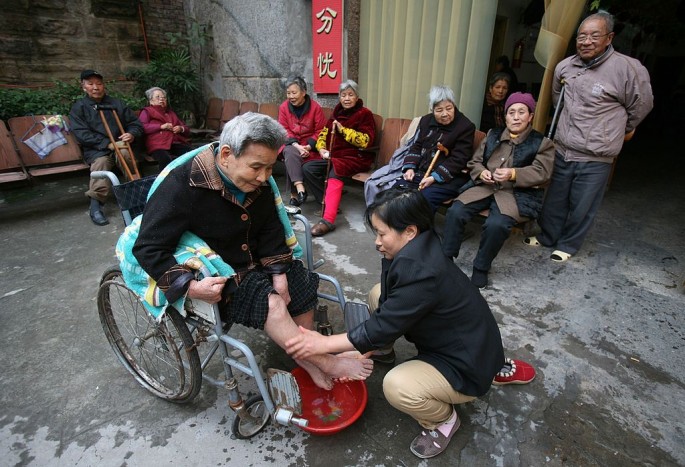Colisee Group, a French nursing home operator, ventures into China’s elderly care industry by opening its first complex in the country. The nursing home, located in Guangdong Province, is slated to open its doors to the public January next year.
It will also herald that start of Colisee Group’s plans to expand their operations in China.
Colisee Group will be joined by Guangzhou China Merchants to provide a continuous care by combining elements of assisted living facilities, independent living communities, and nursing homes in a high-end medical nursing home, according to a report by China Daily.
The nursing home, located in Panyu District, will be a 132-bed facility occupying 12,000 square meters. Sixty-six of the beds will be dedicated to patients with Alzheimer’s and other related diseases, thanks to a joint venture with China Merchants Shekou Holdings Co Ltd.
“We are mostly focusing on the wealthy class,” Olivier Dessajan, general manager of Colisee Group, told China Daily.
“Based on our expertise of senior care services in France, especially with taking care of elderly people with Alzheimer’s or other cognitive dysfunctions, semi-dependent and dependent elderly people are mainly our service targets.”
The nursing home will provide a customized care plan for each patient, taking into consideration their health condition, experience, and habits. They will have their own room and a nursing attendant on hand.
To improve residents’ mental and physical condition, different health and care programs will also be incorporated into their individual care plans. This includes occupational therapy, non-drug therapy medical treatment, a customized diet, and the Montessori method.
“As an Alzheimer’s expert, we work step-by-step with the elderly and their family to understand and diagnose the disease in order to accompany the elderly in the best way until the final stage of life,” Dessajan said.
Guangzhou Province is home to a large population of elderly Chinese, making the demand for senior care services high. Colisee Group’s nursing home will help fill the gap, as the province currently has no nursing homes dedicated to Alzheimer’s disease.




























